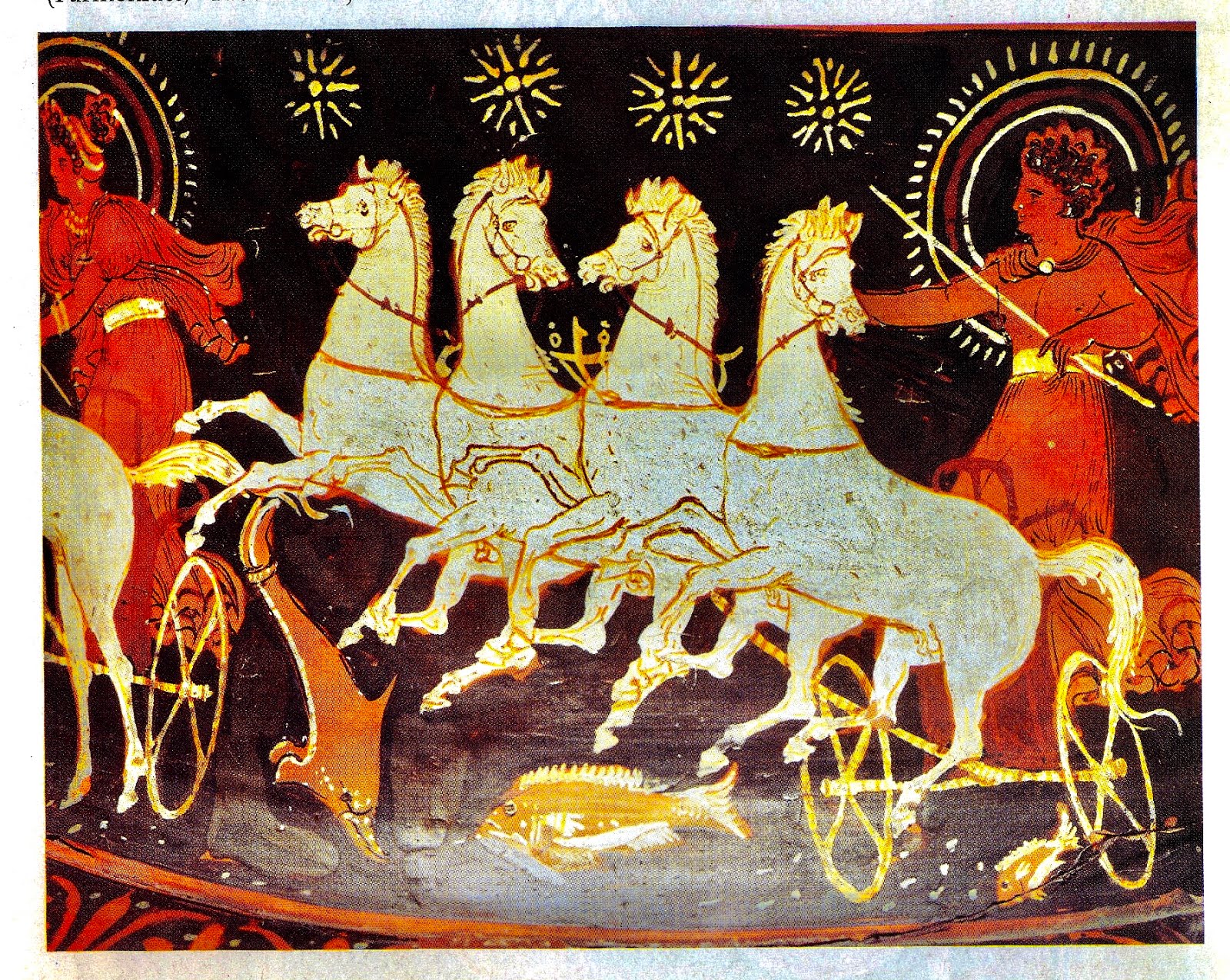 |
| Man using a gasoline-powered leaf blower. Ban leaf blowers: Courtesy Davis Wiki. |
The gasoline-powered leaf blower is a careless technology. It arose from a political environment that has been welcoming almost everything for profit.
Cars, Airplanes and Tractors
I have been a critic of technology for a long time. By technology I mean machines designed supposedly for the benefit of humanity, but, in time, turn out to be a menace. Such machines like airplanes, automobiles, tractors and most of the machinery employed by the industrialized farmer came into being for making human life easier. However, in about a century these technologies threaten human life and life on the planet.
Airplanes and automobiles use petroleum, which is a major cause for global warming.
The industrialization of agriculture has been an unmitigated disaster. It brings back the dark ages in the name of efficiency and science.
How does it do that? It forces small family farmers out of agriculture. It favors large farmers and agribusiness in taking over the production of food and the political control of rural America. In addition, mechanized and chemical agriculture makes the natural world and rural America into a gigantic urban factory.
If your town is surrounded by large farms, say goodbye to civilization. Forget about schools, libraries, churches, sidewalks, parks, barber shops -- much less coffee shops.
If you want to track down those causing global warming, take a look at animal farms, the thousands of holding ponds full of animal excrement and urine, and the colossal size of farms under agribusiness management. They are dumping huge amounts of carbon dioxide, methane and other global warming gases into the atmosphere.
Now talking about these large machines-real threats in the same breath with leaf blowers might be outrageous. And in some way, it is. However, I am not comparing them. My purpose is to show that these tiny air blowers are rising hazards that should be nipped in the bud.
Whatever Happened to Rakes?
When I hear the deafening sound of leaf blowers, and see the tiny dust storms they produce in order to move fallen tree leaves from the ground to a trash can, I get very upset. A rake could do all that (move leaves) without blasting sounds, dust, and pollution.
I am not alone in rejecting these machines. Other citizens and researchers also argue that leaf blowers are useless and hazardous. Yet these machines are everywhere. This summer I saw them in Argostoli, the capital of the island I was born, Cephalonia, Greece. I protested and the user of the leaf blower, an employee of the local government, directed me to the vice-mayor. I did not bother.
I was also against these infernal machines in Alexandria, Virginia, where I lived for about thirty years.
But now I live in Claremont, a relatively small and beautiful town in southern California. Claremont has about 22,000 trees. These trees lower the temperature and make Claremont a livable city. They give me enormous pleasure. They are Claremont’s greatest ecological and aesthetic asset.
The roads of Claremont are wide. Many of its homes in the "village" where I live are attractive. In the mornings of Saturdays and Sundays those boulevards are free of cars. I bike and the breeze bathes me with cool air and satisfaction. I also walk everywhere. I write and do my research in the Claremont Colleges Library. On several Sundays I go to the farmers’ market.
I love Claremont.
However, the presence of leaf blowers in Claremont all but spoils my affection for the town. Seeing these machines force me to question the judgement of home owners who pay them to do their useless but loud work. When my anger brings me to the door of some homeowner, it’s obvious the home owner is buried in TV watching, hearing neither the sound nor seeing the dust of the leaf blower. Besides, he / she will probably tell you these machines are harmless.
And when I speak directly to the “gardeners” using leaf blowers, I come across enormous social and political problems of class divisions and immigration America is unwilling to tackle.
For the most part, these “gardeners” are impoverished Hispanics who barely speak English. I feel for them and want them to keep their jobs. But the machine spoils everything.
My conversation with them is no conversation at all. I tell them the gasoline-powered machine they use is illegal in Claremont. While I talk to them, mostly in anger and with raised voice, they stop their machines and look at me with disbelief. After all, those employing them approve of their machines.
I raised this question at a recent forum of the Democratic Party candidates for the Claremont City Council. With the exception of one candidate who trivialized my concern, the other two blamed the town for not enforcing its own prohibition of the gasoline-powered machine.
I recommended that the town of Claremont “solves” the leaf blower problem by going directly to the homeowners: informing them they would be fined if they did not prohibit their “gardeners” from using the illegal machine.
The political candidates ignored this suggestion. This tells me the careless leaf blower technology, just like the tractor or the polluting automobile, is here to stay in Claremont and America because it "benefits" its users, which include home owners, “lawn care” managers, colleges and universities, churches, and numerous other businesses.

"Blasting air at up to 185 mph, leaf blowers can whip up hazardous particles and contaminants from the ground at speeds greater than a Category 5 hurricane, sending them long distances.
ReplyDeleteEpidemiological studies have long recognized the harm these particles — including hydrocarbons from gasoline, animal droppings, spores, fungi, pollens, pesticides and herbicides, fertilizers, brake-lining dust and tire residue and heavy metals — cause to people's respiratory systems, according to Bay Area Air Quality Management District reports."
https://www.almanacnews.com/news/2015/08/31/air-district-report-leaf-blowers-present-health-risks